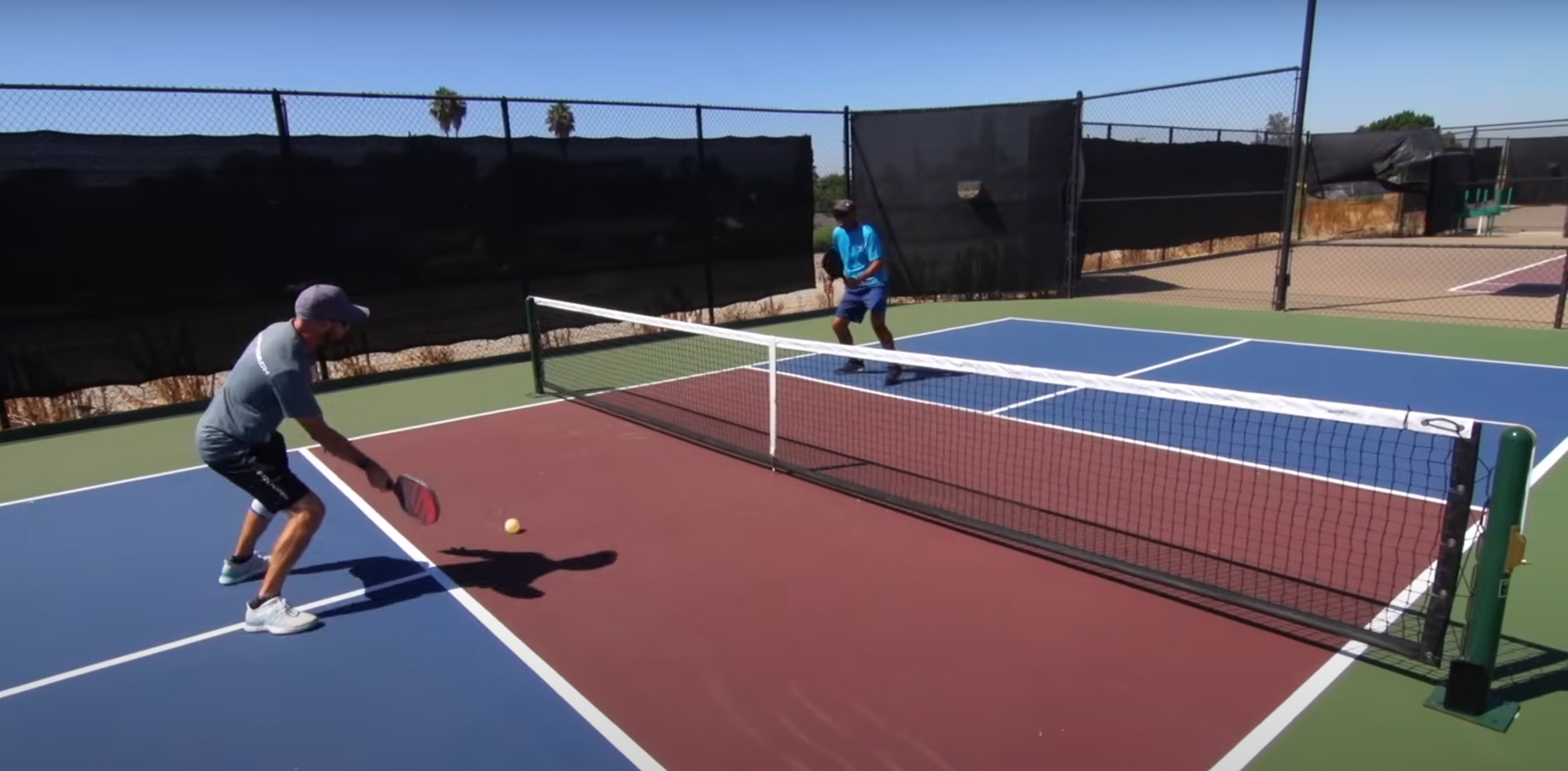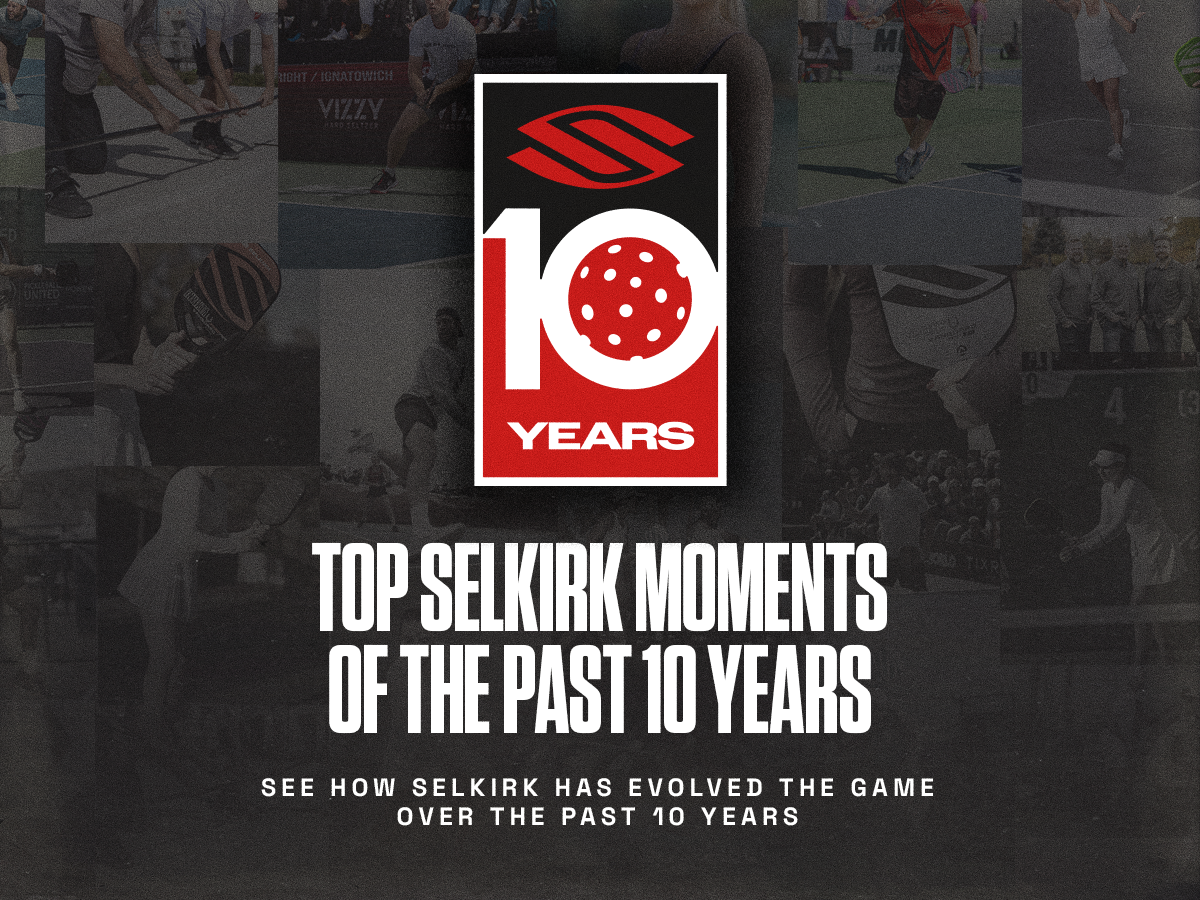
For all intents and purposes, I am a terrible cook and my results in baking have been compared to the art of Jackson Pollock.
What does this have to do with pickleball? Well, funny you should ask.
It highlights one of the crucial first steps in successful coaching, understanding how your student learns. By breaking down your students into groups of "cooks" and "bakers," you can more effectively communicate the lessons you wish to impart.
The cook vs. the baker
The first question I like to ask myself about a student is this: is this person a cook or a baker? Do you know the difference between the two?
I didn't, but then there's only a certain number of failed blueberry muffin batches a man can endure before understanding that baking is chemistry. Exact ingredients, combined at precise moments for specific lengths of time makes for quality baked goods.
On the other hand, your great grandmother’s famous "All Together Stew" may indeed be a culinary delight, but chemistry it is not. It is made by touch and feel.
Most players fall into one of these two categories. The baker needs precise directions about their training — the when, the how, and for how long, all laid out for them in black and white. The cook just needs the general objective and tools to accomplish the goal.
Think for a moment, which are you? What do you need to be as successful as possible?
At the very highest level of sport, you may be lucky enough to run into a chef: an athlete or coach who knows the ingredients of success and the process needed to get there so well that they also know when and how to break the rules.
Know the foundation and when to break the mold
Understand that your student may fall into different categories depending on which aspect of their development you are focusing on at the time.
I have found that most players just want to "know" how to dink, how to serve, how to drop third shots. The problem with this is they can easily miss the forest while staring at the trees.
The big picture involves knowing the basic foundation of how to play a stroke, knowing how to adapt that stroke in any particular situation ... and when you need to break the mold completely.
In the immortal words of Wentworth Miller's antihero character, Leonard Snark, in TV's "The Flash," "Make the plan, execute the plan, expect the plan to go off the rails, throw away the plan."
Understand your player
It's not as clear-cut as you might think: newer players aren’t always bakers, more experienced players aren’t always cooks, but the best of the best are often chefs.
I have found that players who exhibit any kind of Type-A tendencies, no matter what level, are typically much more comfortable being told the exact process and walked through it step by step rather than being given broad outlines and left to their own devices.
The other side of the coin interests me greatly because it's where I reside in many aspects of my life: relaxed, messy, carefree, optimistic, unencumbered by most of the world's agenda, you know … Californians. The tell-tale signs of these type of players are obvious: they are often late, their outfits don't work, they never remember how much a lesson costs, and their handwriting looks like the pen is escaping the scene of a crime.
If you come across one of these — and you will — it's time to dial back your words per minute. Paint the picture with broad strokes and step back, safe in the knowledge that with these players, less detail is more effective. Remember, even when cataracts got the better of Monet's brush, the canvas still told a story.
An important objective for you as a coach is to identify your player’s characteristics at the outset. It will not only provide a solid foundation for the relationship but will also save time-wasting miscommunication in the future.
Communication is often perceived as an act of a sending information, and while it certainly involves that, the more important aspect is how the information is received. What I tell a student, and what a student hears can often be very different.
My best chance of successful communication lies in my ability to identify quickly and accurately what kind of learner they are and teach them accordingly. So, the next time your student nears the kitchen, remember to ask yourself that most delicious question in coaching, are they a cook, a baker, or a chef?























